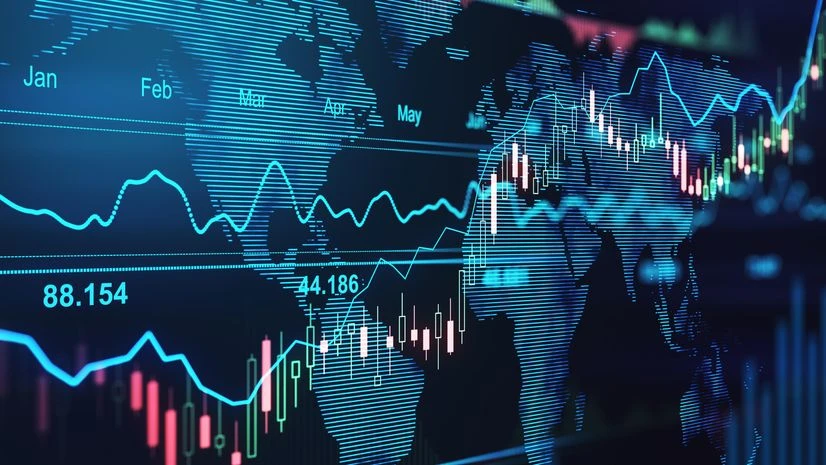)
Asian share markets were hoping for a relief rally on Tuesday as futures pointed to an opening bounce on the hard-hit Nikkei.
Asian share markets were hoping for a relief rally on Tuesday as futures pointed to an opening bounce on the hard-hit Nikkei and central bank officials said all the right things to soothe market nerves.
Nikkei futures were trading at 33,640, suggesting the cash market could open around 2,000 points higher from its 31,458 close on Monday. The index had shed 12.4 per cent in its worst selloff since the 1987 Black Monday crash.
Wall Street also looked steadier with S&P 500 futures rebounding 0.9 per cent in early trade, while Nasdaq futures rose 1.2 per cent. The S&P 500 had lost 3.00 per cent over Monday, with the Nasdaq Composite down 3.43 per cent.
“After the breathtaking and historic moves seen across Asian markets yesterday, driven predominantly by a significant liquidation of margin positions, we look for a solid counter rally on open today,” said Chris Weston, head of research at broker Pepperstone.
However, he cautioned that the level of implied volatility for the Nikkei was at a stratospheric 70 per cent, suggesting fireworks were likely for some time yet.
“After such a furious shake-out of leveraged positioning, with Japanese banks absolutely taken to the cleaners, it will take the bravest of investors to buy with any conviction.”
Currencies were also calmer as the dollar edged up to 144.24 yen, having sunk 1.5 per cent on Monday to as deep as 141.675. The yen has shot higher in recent sessions as investors were squeezed out of carry trades, where they borrowed yen at low rates to buy higher yielding assets.
The dollar pared its losses on the safe-haven Swiss franc, holding at 0.8526 francs from a low of 0.8430.
“The fact that there was such a strong unwind in the dollar/yen, in turn forced investors to take some profits where they’ve been hiding out this year, which has been mostly big tech,” said Kevin Gordon, senior investment strategist at Schwab.
“It’s become the biggest target because it was the best performer and that’s probably the easiest spot for traders to take their profits.”
Treasury yields had also come off their lows, in part in reaction to a rebound in the US ISM services index to 51.4 for July. In particular, it employment index jumped 5 points to 51.1, suggesting last week’s payrolls report may have overstated the weakness in the labour market.
Yields on 10-year Treasury notes were back at 3.804 per cent, having been as low as 3.667 per cent at one stage.[US/]
Federal Reserve officials did their best to reassure markets with Fed San Francisco President Mary Daly saying it was “extremely important” to prevent the labor market tipping into a downturn.
Daly added that her mind was open to cutting interest rates as necessary and policy needed to be proactive.
The comments underpinned market expectations that the Fed would cut by 50 basis points at its September meeting, with futures implying an 87 per cent chance of such an outsized move.
The market has around 115 basis points of easing priced in for this year, and a similar amount for 2025.
In precious metals, gold failed to get a safe haven bid amid talk investors were taking profits to cover losses elsewhere. Spot gold stood at $2,409 an ounce after losing 1.52 per cent overnight.
In energy markets, oil prices bounced early Tuesday as news that several US personnel were injured in an attack against a military base in Iraq stoked fears of a wider conflict. [O/R]
US West Texas Intermediate crude futures CLc1 climbed $1.18, or 1.6 per cent, to $74.12 per barrel.
First Published: Aug 06 2024 | 7:33 AM IST
Note:- (Not all news on the site expresses the point of view of the site, but we transmit this news automatically and translate it through programmatic technology on the site and not from a human editor. The content is auto-generated from a syndicated feed.))



